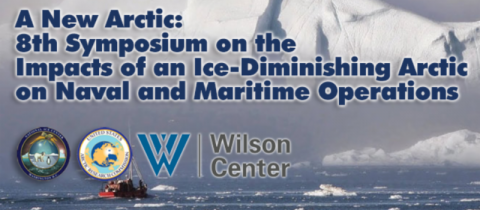The main symposium will take place from Tuesday morning, 9 July, until the afternoon of Friday 12 July. On Monday 8 July there will be a presymposium short-course on ice penetrating radar science and engineering for early-career researchers. Also on Monday 8 July, side meetings will also be scheduled for collaborative radar sounding projects including BedMap3 and the SCAR AntArchitecture project.
Theme:
Radio-echo sounding is a powerful geophysical technique for directly characterizing the subsurface conditions of terrestrial and planetary ice masses at the local, regional and global scales. As a result, a wide array of orbital, airborne, towed and in situ instruments, platforms and data analysis approaches for radar sounding have been developed, applied or proposed. Terrestrially, airborne radar-sounding data have been used in physical glaciology to observe ice thickness, basal topography and englacial layers for more than five decades. More recently, radar-sounding data have also been exploited to estimate the extent and configuration of subglacial water, the ice-sheet surface, the geometry of subglacial bedforms, the spatial variation of basal melt, englacial temperature, and the transition between frozen and thawed bed. Planetary radar sounders have been used or are planned to observe the subsurface and near-surface conditions of Mars, Earth’s Moon, comets and the icy moons of Jupiter. These instruments provide critical subsurface context for surface-sensing, particle, and potential-field instruments in planetary exploration payloads. This symposium will discuss advances in radar-sounding systems, mission concepts, signal processing, data analysis, modeling and scientific interpretation.
Suggested Topics:
We seek papers and presentations that advance the understanding radar sounding and its use in physical glaciology. Key focus areas include (but are not limited to):
1. Radar systems: development, performance and platforms
2. Data: intercomparison, validation and release
3. Radar processing: propagation, inversion and automation
4. Englacial structure: layers, deformation and accretion bodies
5. Attenuation: near-surface properties, temperature and chemistry
6. Bed conditions: topography, roughness, thermal state and hydrology
7. Interpretation: comparing observations with modeling and theory
8. Planetary radioglaciology: radar investigations of planetary cryospheres
Abstract and Paper Publication:
Participants wishing to present a paper (oral or poster) at the Symposium must submit an abstract by 31 March 2019. Abstracts need to be submitted via the IGS website. Accepted abstracts will be posted on the Symposium website.
The Council of the International Glaciological Society will publish a thematic issue of the Annals of Glaciology on topics consistent with the symposium themes. Submissions to this issue will not be contingent on presentation at the Symposium, and material presented at the symposium is not necessarily affirmed as being suitable for consideration for this issue of the Annals. Participants are encouraged, however, to submit manuscripts for this Annals volume. The deadline for submission of Annals papers is 1 August 2019.

